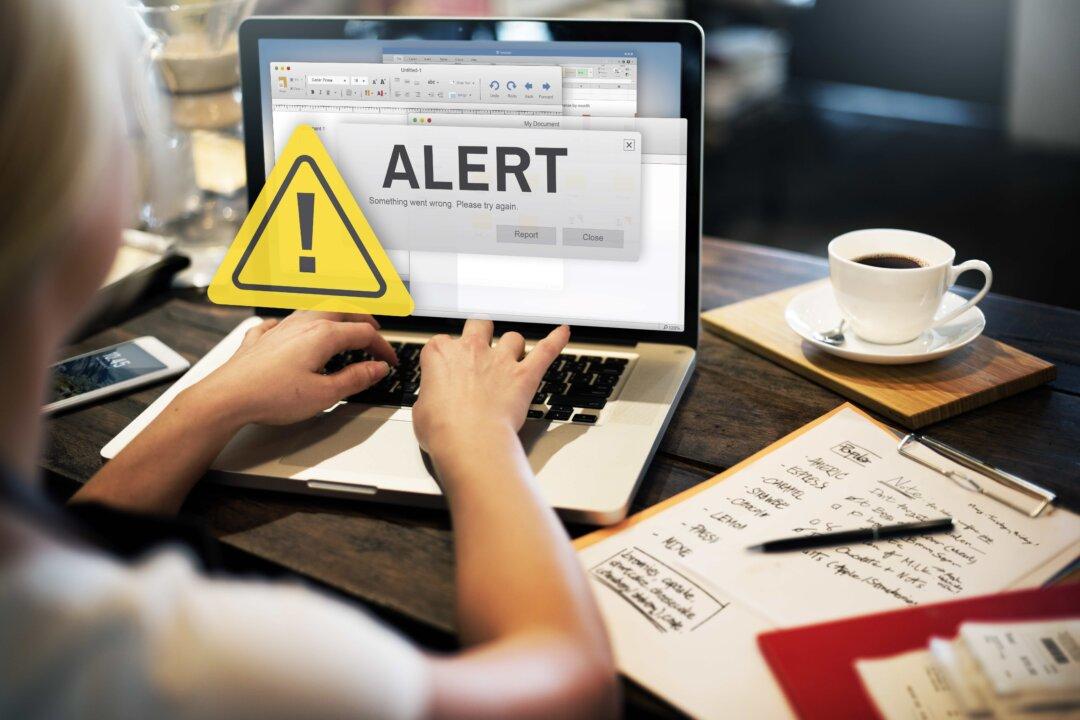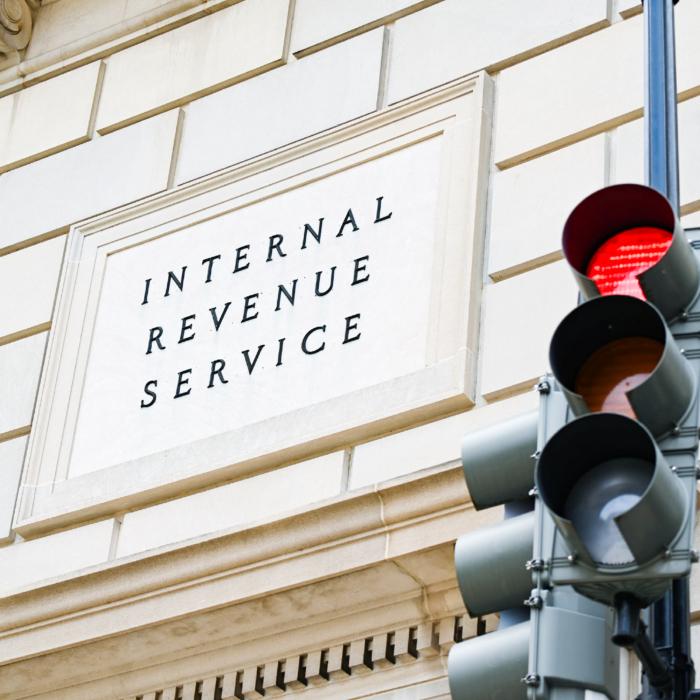Types of Cybercrime
There are dozens of types of cybercrimes. Creating malware or vandalism are commonly known crimes, but other types can wreak havoc on your life.One is “phishing.” This is sending emails or creating webpages to collect an individual’s online financial information.
For example, Amazon sends you an email saying they need you to update your credit card information or your account will be suspended. It will usually give you a specific deadline to complete the action. Another would be asking you for a login to complete an order. Amazon or any company doesn’t email customers for sensitive information.
“Salami slicing” is another crime. This is when the criminal steals small amounts of money from each transaction you make. You may not notice the amount, but these amounts can add up substantially for the criminal.
A scam to convince people to invest in cryptocurrency is “pig butchering.” Ransomware has been in the news. Sinclair Broadcast Group, the largest television group owner in the United States, once was the victim of this crime. It’s when an infected computer or network is held hostage until a ransom is paid. And although you may usually hear of large companies dealing with this, individual computers are victims more often.
Computer at Risk
Most people have heard of viruses infiltrating computers, but there are other ways that a computer could be at risk.Short for malicious software, malware is developed by cybercriminals to steal data and damage or destroy computer systems or individual computers.
Malware can be delivered to a computer by inadvertently clicking on a link or phishing email. Installing software from an unreputable website could also deliver malware to your computer.
Spyware is software that allows the cybercriminal to spy on you when you use your computer. This spying includes collecting what a user is typing, including bank details and passwords. The criminal can also watch you through your computer camera.
It is usually downloaded with other software like sharing music software.
Public and Private Networks
A private network is what you have in your home. This network has restrictions, and access rules are limited to a select few.A public network is what it sounds like: open to the public. Through it, the public can connect to other networks or the internet.
A public network has few or no restrictions. There are security risks when using it. You’ve seen people in coffee shops working on their computers. They are accessing a public network. There could be a hacker sitting across the room infiltrating the unsuspecting users.
Company secrets have been stolen because employees use their laptops in public. Shopping with your laptop while using a public network makes your financial information vulnerable to theft.
Social-Engineering Tricks
Social engineering is an act of deception by a person. For example, calling an employee and saying they’re from IT to trick the individual into revealing a password.Another example of social engineering is pretending to be a fellow employee having trouble accessing an account. They usually want a login or other details.
A USB, flash drive, or CD could be left in a company’s public area. It could have the words payroll or confidential written on it. The curious victim could plug it into their computer, releasing malware into the system.
Will Microsoft or Other Support Companies Call?
Microsoft, HP, Norton, Dell, Facebook, or any other online organization or computer company will call or email regarding financial transactions or login passwords.Regarding support issues, be suspicious if someone is providing a service to fix or service, or provide subscription or a security program and then ask for a credit card. Also, be aware of anyone who wants your PayPal information.
Never let someone remotely connect to your computer unless you trust them. They can cause false error messages. Many people are nervous when they see these and look for someone to repair something that isn’t broken.
Signs of Hacked Computer
There are several signs your computer has been hacked. For one, your computer may freeze or crash. This is the obvious one.But you might notice your files being deleted or edited without your permission.
Emails to friends, family, or business associates may be sent out. Sometimes, they will send a message that you need money or a password.
Take Security Measures Like Strong Passwords
A strong password protocol will stop a lot of the problems listed. Having a different password for everything you do online is inconvenient, but you are vulnerable to attack if you don’t have unique ones.Mix them up, and don’t use birthdays or names. Capitalize some of the internal letters and place characters and numbers. Make sure your password is eight characters or longer.
Use a VPN
A virtual private network (VPN) encrypts your internal traffic so no one can track or see what you’ve been doing online. It hides your browsing history.Keep Antivirus Software Up to Date
Most people install their antivirus software and then forget about it. But new viruses are constantly created. It’s essential to keep your antivirus software up to date.Desktop Firewall Needed
A firewall is software or hardware that acts as a filter between your computer and the internet. It helps in preventing unauthorized access to your computer.Use Private Browsing and Clear Cache
Search engines track you. Google tracks 92 percent of computer users. But Bing, Edge, and Yahoo are also tracking you.Your browser downloads and stores a web history. This is also known as a browser cache. But if you want to keep your online history private, you'll need to use Google’s incognito mode. For Firefox, Internet Explorer, and Safari use private browsing. A browser that doesn’t collect cookies is DuckDuckGo.com.
‘HTTPS’ and Website Security
Ensure that the websites you are on for information or conducting financial transactions are secure. To know if a website is secure, go up to the browser bar and look at the URL. It should have an “https” in front of it. Often, there will be a small icon of a lock. This website has been secured.Use an Up-to-Date Version of Computer Operating System
Ensure you are using the most up-to-date software controlling your computer. This software includes Microsoft Windows, Macintosh OS, and Linux. You may think your old software works fine, so why change it? But it opens the door to an attack on your sensitive information.Delete What’s Not Used
It’s important to remove any unused browser extensions or mobile apps. These can change their privacy policies at any moment, so it’s best to eliminate them.If you wonder how a free app makes money, user data may be the way. Unroll.me was a free app. It summarized newsletters and subscription emails. The FTC investigated them and discovered they scanned unsuspecting users’ emails and sold the contents.
Multi-Factor Authentication Important
Multi-factor authentication makes your accounts more secure. It gives two layers that must be passed through to find sensitive information. It’s not the most convenient, but neither is dealing with a breach or identity theft.100 percent Security Impossible
There are many threats to your computer and personal information—and there isn’t a method that is 100 percent fail-proof.Ensure everyone in the family understands online privacy and how to prevent breaches. To ensure you don’t lose data in the case of an attack, always back up your documents on an external drive.









